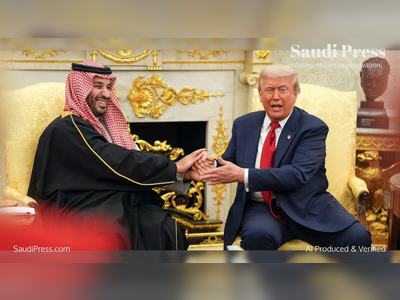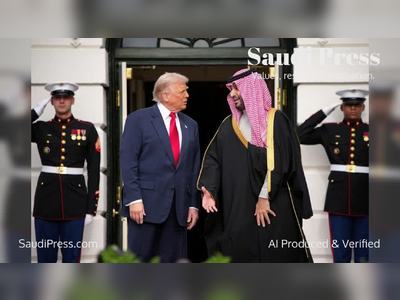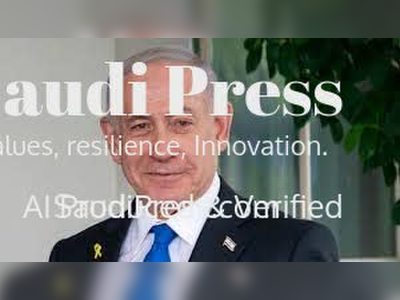Detroit CEOs Join White House Dinner as U.S.–Saudi Auto Deal Accelerates
General Motors, Ford and Stellantis engage in Washington talks during Saudi Crown Prince’s visit, as U.S. vehicle-standard recognition unlocks Middle East market access.
Senior executives from the U.S. auto industry gathered in Washington on 18 November for a dinner at the White House hosted by President Donald Trump in honour of Saudi Crown Prince Mohammed bin Salman.
The guest list included General Motors Chief Executive Mary Barra, Ford Executive Chair Bill Ford and Stellantis representatives, underscoring the growing role of Detroit in the U.S.–Saudi commercial realignment.
The next day, the United States and Saudi Arabia formalised a bilateral exchange of letters confirming that vehicles built to U.S. federal motor-vehicle-safety standards would be accepted in the Kingdom.
That recognition clears a major regulatory barrier for U.S. automakers and is viewed by the Detroit Three as key to expanding exports into the Gulf market.
Stellantis signed a memorandum of understanding on 20 November with Saudi Arabia’s Ministry of Investment and the National Industrial Development Centre to evaluate the potential development of a manufacturing plant in the Kingdom, in partnership with Petromin Corporation.
U.S. trade representatives and the American Automotive Policy Council—representing GM, Ford and Stellantis—hailed the move as a signal that Washington is actively opening foreign markets to U.S.–built vehicles.
General Motors noted a 28 per cent year-on-year sales increase in its Middle East operations in the third quarter of 2025, with Saudi Arabia, the United Arab Emirates and Kuwait among its fastest-growing markets.
Ford similarly reported strong performance in the region in 2024. U.S. officials describe the automotive deal as part of a broader strategy by President Trump to expand U.S. exports, strengthen manufacturing and deepen economic ties with key allies.
Although the memorandum does not yet guarantee vehicle-plant construction or immediate production, the combination of regulatory alignment and high-level political engagement sets the stage for deeper industry cooperation between Detroit and Riyadh, aligning with a renewed Washington-Gulf economic pivot.
The guest list included General Motors Chief Executive Mary Barra, Ford Executive Chair Bill Ford and Stellantis representatives, underscoring the growing role of Detroit in the U.S.–Saudi commercial realignment.
The next day, the United States and Saudi Arabia formalised a bilateral exchange of letters confirming that vehicles built to U.S. federal motor-vehicle-safety standards would be accepted in the Kingdom.
That recognition clears a major regulatory barrier for U.S. automakers and is viewed by the Detroit Three as key to expanding exports into the Gulf market.
Stellantis signed a memorandum of understanding on 20 November with Saudi Arabia’s Ministry of Investment and the National Industrial Development Centre to evaluate the potential development of a manufacturing plant in the Kingdom, in partnership with Petromin Corporation.
U.S. trade representatives and the American Automotive Policy Council—representing GM, Ford and Stellantis—hailed the move as a signal that Washington is actively opening foreign markets to U.S.–built vehicles.
General Motors noted a 28 per cent year-on-year sales increase in its Middle East operations in the third quarter of 2025, with Saudi Arabia, the United Arab Emirates and Kuwait among its fastest-growing markets.
Ford similarly reported strong performance in the region in 2024. U.S. officials describe the automotive deal as part of a broader strategy by President Trump to expand U.S. exports, strengthen manufacturing and deepen economic ties with key allies.
Although the memorandum does not yet guarantee vehicle-plant construction or immediate production, the combination of regulatory alignment and high-level political engagement sets the stage for deeper industry cooperation between Detroit and Riyadh, aligning with a renewed Washington-Gulf economic pivot.





